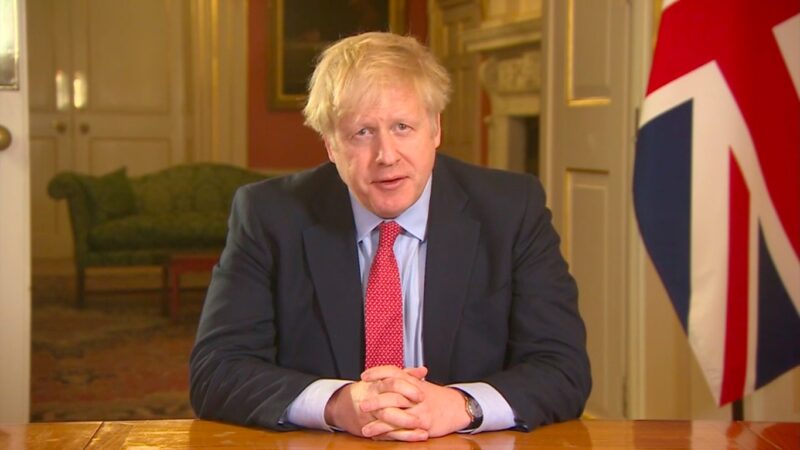
We are in lockdown. Boris Johnson finally appeared on our TV screens last night to tell us to “stay at home” or face a fine. You can go outside to buy basic necessities, to exercise once a day and for medical need, but that’s it. Non-essential shops and public spaces are shut. Gatherings of more than two people have been banned, and police have been empowered to enforce the new measures with fines. And yet despite a pre-recorded statement from Johnson, we didn’t manage to escape the usual confusion. This time: who can go to work? Johnson said people should only do so “where this absolutely cannot be done from home”, and some took this to mean key workers only. But he didn’t actually mention “key workers” at any point during his special address. Nor does the guidance issued online. A government tweet at 9.04pm specified key workers only, while one at 10.30pm revised this to reflect the words of the PM. The result? Widespread confusion about whether your work can ask you to head in today.
Sports Direct told its staff that it would be remaining open just 30 minutes after the special broadcast last night, requiring Michael Gove to clarify on BBC Breakfast this morning that the stores should close. Chief executive Mike Ashley has apparently now agreed. Similary, London mayor Sadiq Khan has stated that those in the construction sector should not be going to work, while Tory ministers have said that they should. Many, including Labour leadership candidate Rebecca Long-Bailey on the BBC’s Today programme, have therefore urged the government to clearly define “essential work”. But the confusion in the aftermath of the announcement is not simply an oversight – it is symptomatic of the general approach taken throughout the health crisis. Whether it’s income support or deciding what work people should be doing, the government seems to determined to implement its measures through, and at the discretion of, employers.
The Coronavirus Bill passed through the Commons last night and will enter the House of Lords today. Labour didn’t force any votes on the legislation after the government offered the concession to review it every six months, rather than the two years originally proposed. The Bill includes the measures on sick pay and income compensation discussed over the past weeks, as well as more severe elements such as powers for the police to detain people suspected of the virus. Bitterly disappointing is the provision for renters: after promising a “complete ban on evictions”, the Bill instead only states that private tenants will now have three months’ notice instead of two on possession claims from landlords. Given that the police have been told to prepare to enforce the lockdown for six months, this gives little reassurance for renters. It’s a far cry from what was promised, and shows where the government’s priorities lie.
Sign up to LabourList’s morning email for everything Labour, every weekday morning.



More from LabourList
‘A case for hope amid hard times’
Eluned Morgan splits with Sarwar and backs Prime Minister
‘Putting our values into action: Labour should make social security work for everyone who needs it’